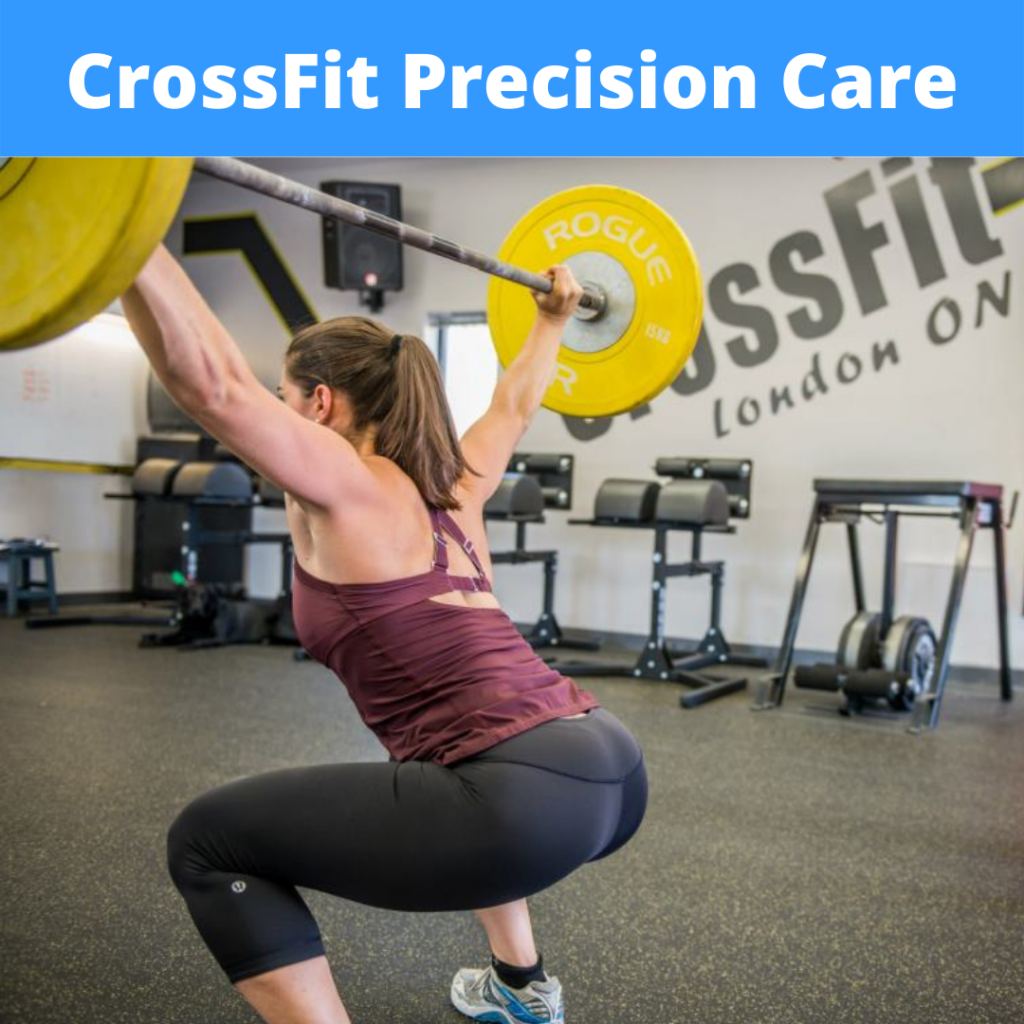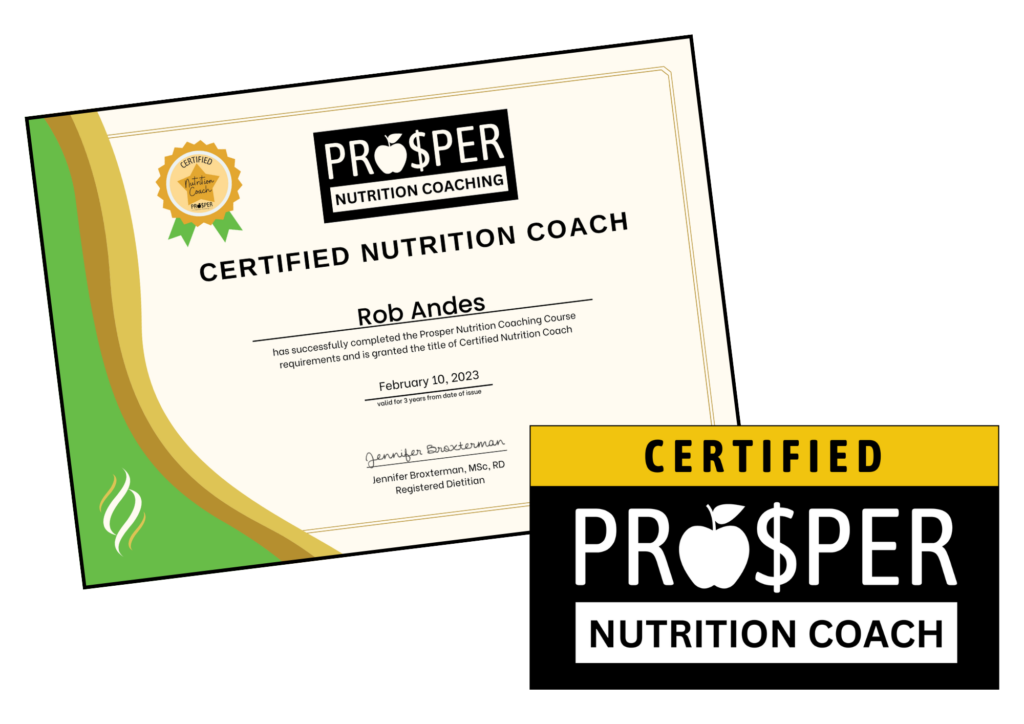

CrossFit Precision Care
Why CrossFit’s Precision Care is a Good thing for Affiliates and other Health Care Providers

Earlier this month, CrossFit announced a new initiative, CrossFit Precision Care—a telehealth primary care service to be rolled out at affiliates, designed by CrossFit-trained doctors, including CrossFit Games veteran Dr. Julie Foucher.
While the details are still somewhat vague, the general idea is to use CrossFit-trained doctors to provide medical care to their CrossFit-enthusiast patients, plans that cover not just fitness, but also diet, sleep, chronic disease risk, as well as other areas of health and wellness. The assumption seems to be that this health service can be an optional add-on to the gym memberships, although how this will fully unfold has still not been released at the time of writing this.
Logistics aside, the ultimate goal seems to be to create a network of physicians and allied health professionals aimed at a more preventative approach to healthcare and making lifestyle changes to improve health, as opposed to relying on prescription meds and other drugs.
The critics come out: It didn’t take long for critics to emerge since the announcement was made, with one of their arguments being a fear that CrossFit physicians will take away from, for example, Registered Dietitians, sports nutritionists, and health coaches who currently serve a gym’s members.
As a Registered Dietitian who has worked with hundreds of CrossFit athletes myself, I don’t share this fear.
This is something to be celebrated, and possibly the best announcement CrossFit has made in a long time, as it’s a huge step in re-engineering the healthcare system to move away from sick care to a place of providing real healthcare from a proactive and preventative standpoint. It can also give CrossFit affiliates a competitive advantage and help drive traffic and interest to those boxes over other fitness facilities in their local market.
But back to “healthcare” versus “sick care”—the most important part of this discussion.
When we do this, we’re able to expand the disease-free lifespan, a concept referred to as “morbidity compression,” which this peer-reviewed paper titled From “Sick Care” to Health Care: Reengineering Prevention into the U.S. System does a great job explaining.
The idea is essentially that the older we get, the more prone to disease we become, so our focus should be on extending this disease-free time as much as we can through lifestyle, not through medication. This fits perfectly with the CrossFit Precision Care initiative.
This is also consistent with the SEMM framework we use at NutritionRx, and teach within the Nutrition Coaching Course:
S: Sleep (enough)
E: Eat (healthy foods)
M: Move (regularly)
M: Manage (stress and mental health)
… which I have long embraced and that continually provides unquestionable results to my clients.
The bottom line is the more organizations and healthcare professionals that offer preventative healthcare, and not just sick care, the better. Now, more than ever coming out of COVID, we understand the importance of targeting people who have been living unhealthy lifestyles. So the more allies, healthcare practitioners, and certified health and nutrition coaches we have in this space to help get out the message that changing your lifestyle through diet, exercise, sleep, and stress management is a better alternative to prescription medication, the healthier our population can become.
And the more gyms out there focusing on the holistic overall health of their members, the stronger the CrossFit brand will become, and the more it will be able to support smaller, in-house programs, such as the ones we’re building through Two-Brain Coaching.
If you’re feeling uncertain about CrossFit Precision Care as bits and pieces of news are starting to get released, that’s ok too!
Of course, micro-gyms and CrossFit boxes can still offer in-house nutrition and wellness coaching as they best see fit without being forced to opt into CrossFit Precision Care, at least, it seems that way at this time. After all, that’s the beauty of being an affiliate owner within the CrossFit ecosystem—you have the freedom to do things your own way and put a unique spin on how you want your members to experience CrossFit.
But for those affiliate owners who don’t want to build a DIY health and nutrition coaching practice from the ground up, this may be an interesting alternative to look into.
Is there a financial gain for CrossFit Precision Care and the private investors backing CrossFit Head Office? Yes, obviously. But if affiliate owners are able to keep their members around for longer, living healthier, happier, disease-free lives through the support of CrossFit Precision Care (amongst many other great programs out there with the similar aim to help clients be healthier), isn’t that the greatest win of all?
One more player in the game means more options, price points, and support to go around to help more people. The pie gets bigger, not smaller, and more people get access to preventative healthcare services instead of waiting until it’s too late when they require “sick care” down the line.
It’s truly a win-win (in my opinion).
Wishing you health & happiness,
♡ Jen
Jennifer Broxterman, MSc, RD
Registered Dietitian
NutritionRx: happy, healthy living with our team of Registered Dietitians
Prosper Nutrition Coaching: a world-class nutrition coaching certification
+
+
+
Want to work with a NutritionRx Registered Dietitian?
Learn more here: Nutrition Packages & Rates
+
+
+
Want to become a Certified Nutrition Coach?
Learn more about our habits-based Prosper Nutrition Certification



